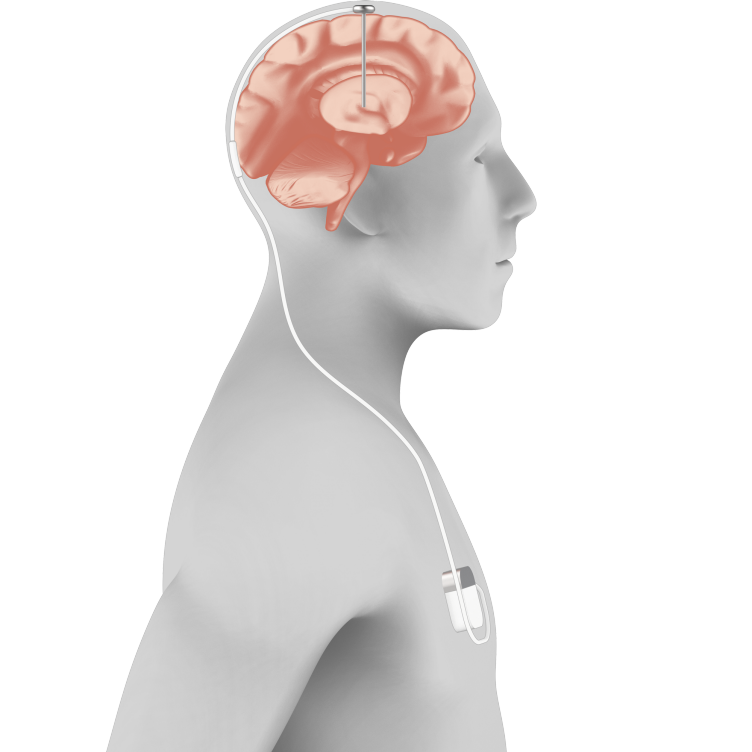Precision sensorimotor neurorehabilitation through personalized stimulation loops – StimuLOOP
Stroke and Parkinson’s disease (PD) often result in gait impairment, reducing the mobility and the independence of affected people. Effective treatments to improve gait are available, but treatment response differs strongly between patients because of heterogeneity in deficit phenotypes, and often fails. The goal of this project is to address this heterogeneity by providing personalized gait rehabilitation for stroke and PD patients, both through real-time feedback during rehabilitation sessions and modulation of sleep.
Contact
Inst. f. Robotik u. Intell. Syst.
Gloriastrasse 37/ 39
8092
Zürich
Switzerland
Stroke and Parkinson’s disease (PD) are the most common neurological diseases in the elderly population and account for substantial disability and healthcare costs. Disability is largely driven by mobility deficits caused by impaired gait. Albeit rehabilitation treatments are available to help people recovering mobility, their efficacy is weakened by the heterogeneity of deficit phenotypes. Personalization of rehabilitation is thus crucial to strengthen therapy outcomes.
The external page StimuLOOP project aims at investigating two personalized and complementary approaches: real-time feedback during therapy sessions, and modulation of sleep. The effects of both interventions on long-term gait recovery are studied. The data collected during the 1-month intervention will also be analyzed to identify predictors for gait recovery. In this consortium project, the RELab is particularly involved in the real-time feedback part. For stroke patients, biofeedback is provided during walking, on selected gait parameters. We here develop a personalization process both for biofeedback modality and gait parameters selection. For PD patients, neurofeedback is provided during self-modulation of deep brain regions activity. We here explore the functional effects of this closed-loop training on quality of gait and freezing of gait events.
The StimuLOOP project is a consortium project led by 6 laboratories of ETH Zürich (Rehabilitation Engineering Lab, Laboratory of Movement Biomechanics and Medical Data Science), University Hospital (Stroke Center, Department of Neurology) and University of Zürich (Department of Child and Adolescent Psychiatry and Psychotherapy).
Funding
LOOP Zürich
Subproject: "Neurofeedback based on Deep Brain Stimulation for Enhancement of Motor Performance"

In this project, a novel rehabilitation approach based on neurofeedback using signals from the deep brain will be explored. A collection of personalized neural biomarkers underlying pathological gait features in Parkinson’s patients will be identified. The visual display of these neural correlates potentially allows patients to reduce the pathological brain signals and hereby improve their motor performance. This will be further investigated in a clinical trial.
Learn more about Neurofeedback based on Deep Brain Stimulation for Enhancement of Motor Performance